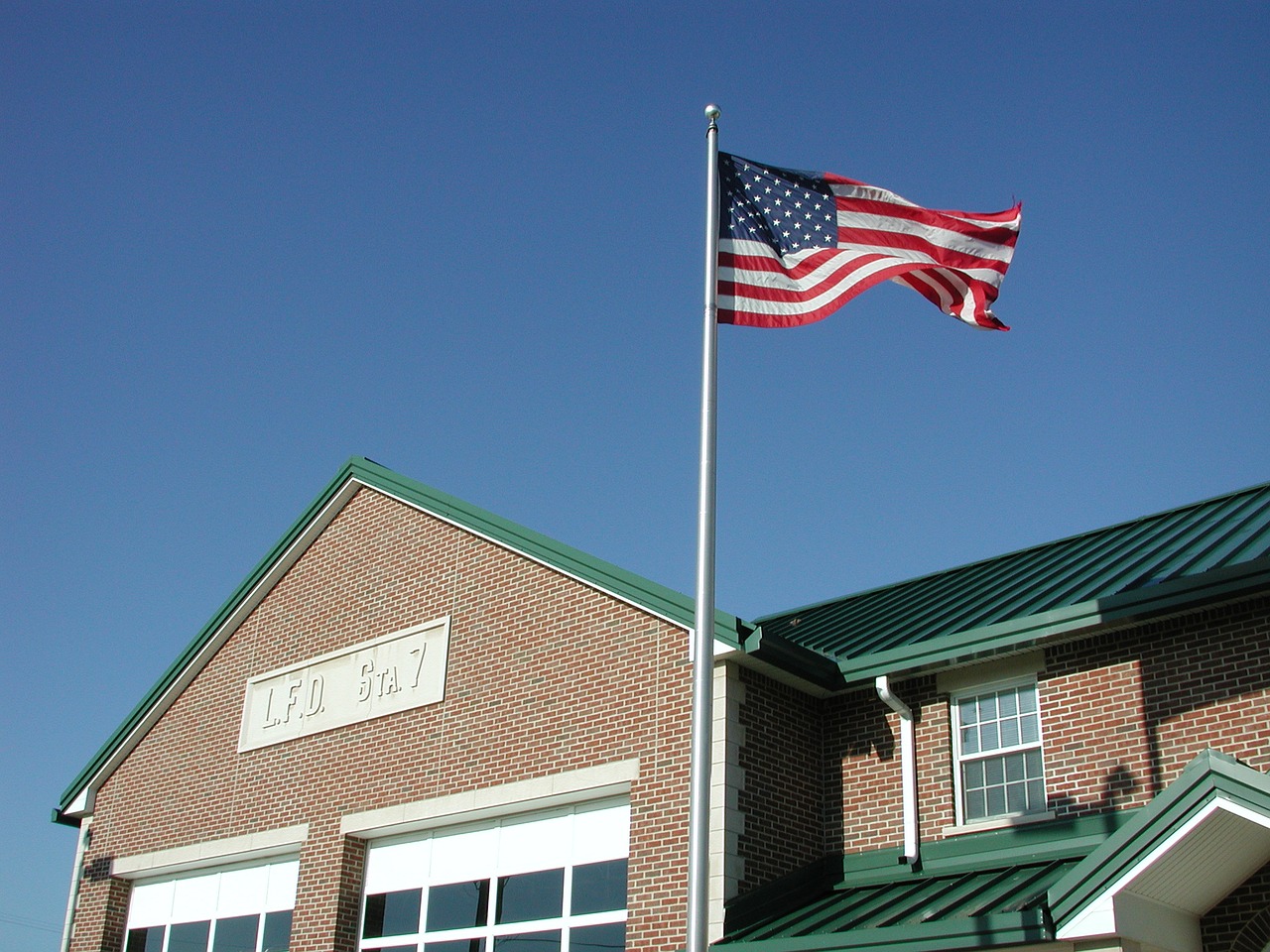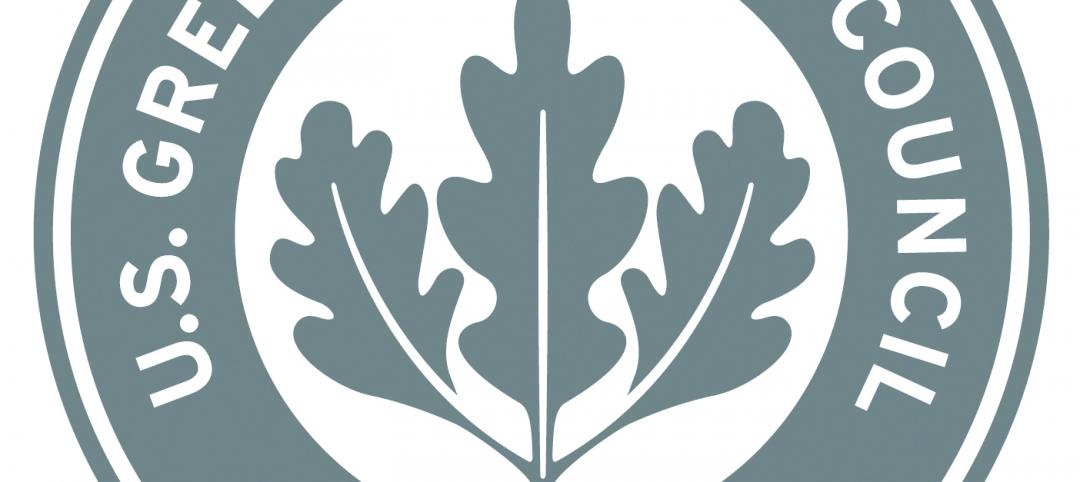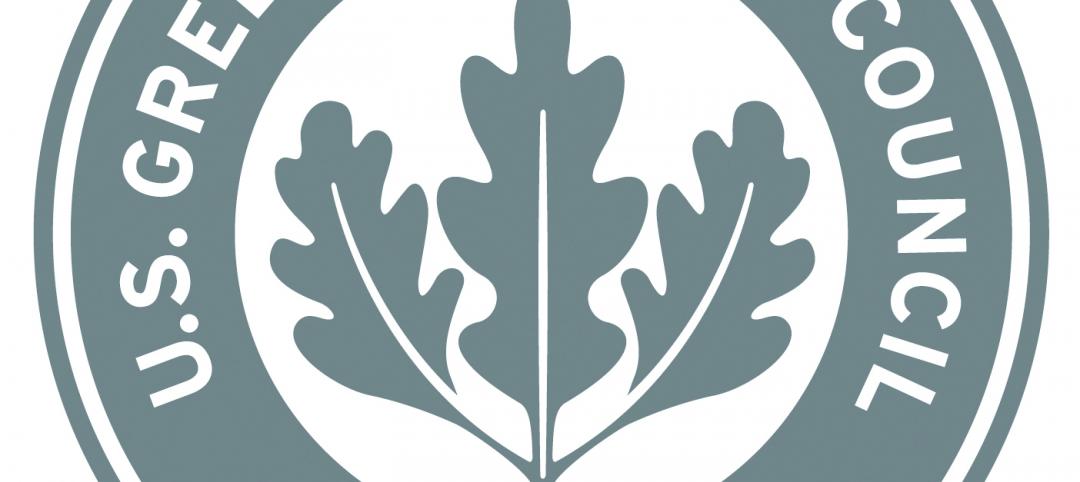The Oregon legislature has repealed a ban on construction of new critical facilities in tsunami inundation zones.
The action now allows fire stations, police stations, and schools to be built where tidal waves caused by offshore earthquakes could strike the coast.
An Oregon State University professor and an earthquake geologist argued that building in a tsunami zone is a foolhardy strategy with the potential for waves to reach seven stories in height.
But officials in coastal communities countered that placing an outright ban on new facilities creates a hardship that could stifle development.
A new facility being built by the University of Oregon in a tsunami zone demonstrates the lengths designers have to go to in order to make buildings able to withstand strong earthquakes and the biggest tsunamis. The building will feature a rooftop evacuation site that can accommodate more than 900 people.
The neighboring states of Washington and California have beefed up building codes in recent years to address the threat of tsunamis. Washington requires municipalities and counties to establish rules to limit development in areas that are frequently flooded or could be hit by tsunamis. California does not restrict development in tsunami zones, but it recently amended its building code to require that certain types of buildings be constructed to withstand tsunamis.
Related Stories
| Mar 8, 2012
Federal silica dust rule caught in bureaucratic limbo
A federal rule meant to protect the lungs of workers has been caught in bureaucratic purgatory for more than a year.
| Mar 8, 2012
New LEED-EBOM rating has requirements for specific project types
Several key changes are proposed for the LEED-EBOM Rating System in 2012.
| Mar 8, 2012
Green buildings more resilient than conventionally built structures
A new study by the U.S. Green Building Council (USGBC) and the University of Michigan’s Taubman College of Architecture and Urban Planning suggests that structures built to green standards can advance building resiliency.
| Mar 1, 2012
LEED Platinum standard likely to mean net-zero energy by 2018
As LEED standards continue to rise, the top level, LEED Platinum, will likely mean net-zero energy construction by 2018.
| Mar 1, 2012
EPA beefs up stormwater discharge rule from construction projects
The U.S. Environmental Protection Agency (EPA) has now finalized its 2012 construction general permit (CGP) that authorizes stormwater discharges from construction projects that disturb one or more acres of land in the areas where EPA is the permitting authority.
| Mar 1, 2012
Regulators investigate structural failures during construction of two Ohio casinos
Regulators with the Occupational Safety & Health Administration and the city of Cincinnati are investigatingthe collapse of the second floor of Cincinnati's Horseshoe Casino as workers were pouring concrete.
| Mar 1, 2012
Is your project too small for LEED? Consider other green standards
There are many other recognized national, state and local programs that offer a variety of best management practices and sustainable design, construction and operating strategies.
| Mar 1, 2012
California bill aims to cut costs for commercial building energy retrofits
A bill in the California Assembly would allow the state to pool together property owners’ energy-retrofit loans.
| Feb 29, 2012
Carvalho appointed Shawmut Safety Director
He has been a driving force behind multiple safety-orientated initiatives at Shawmut, including Safety Week, the creation of an online safety manual, and the implementation of a new safety reporting and tracking system.
















